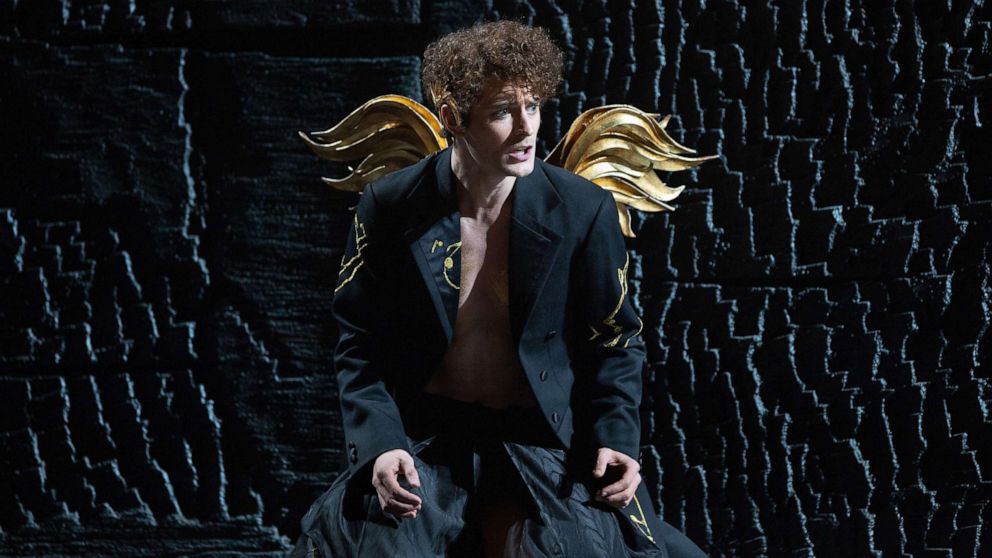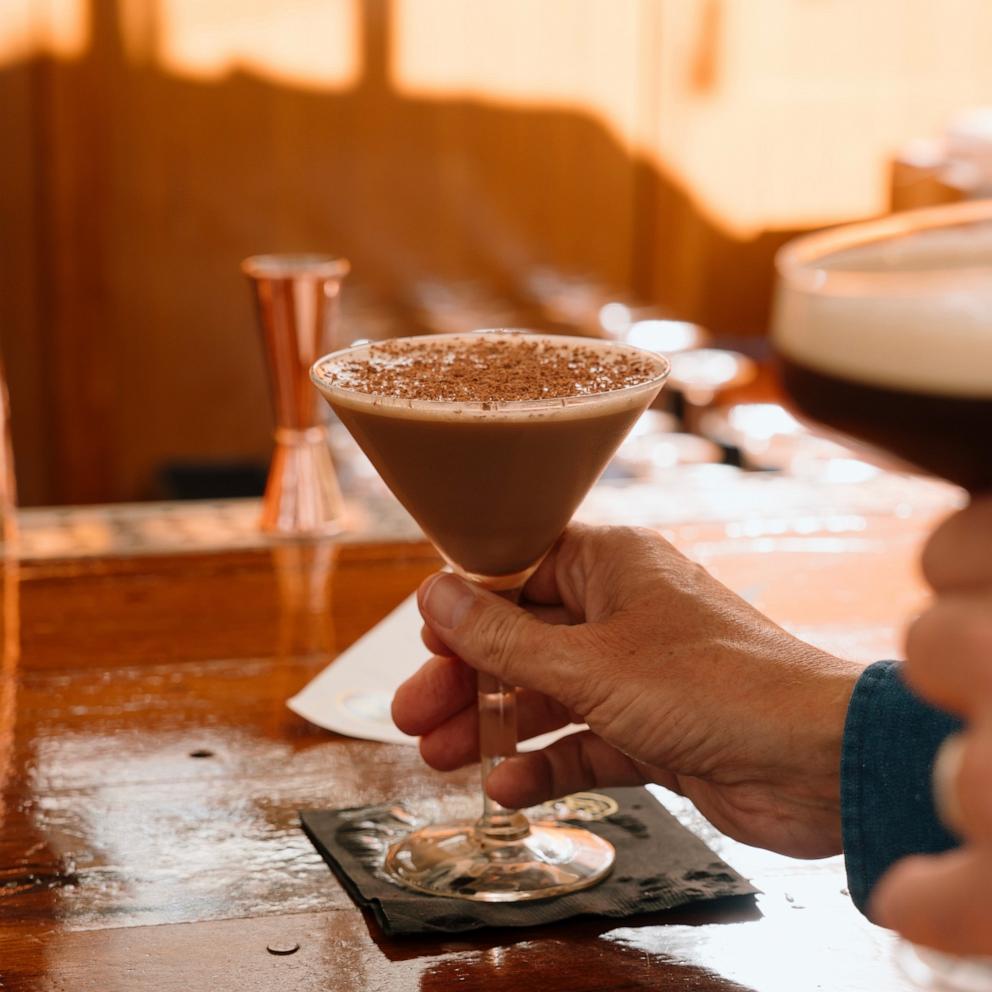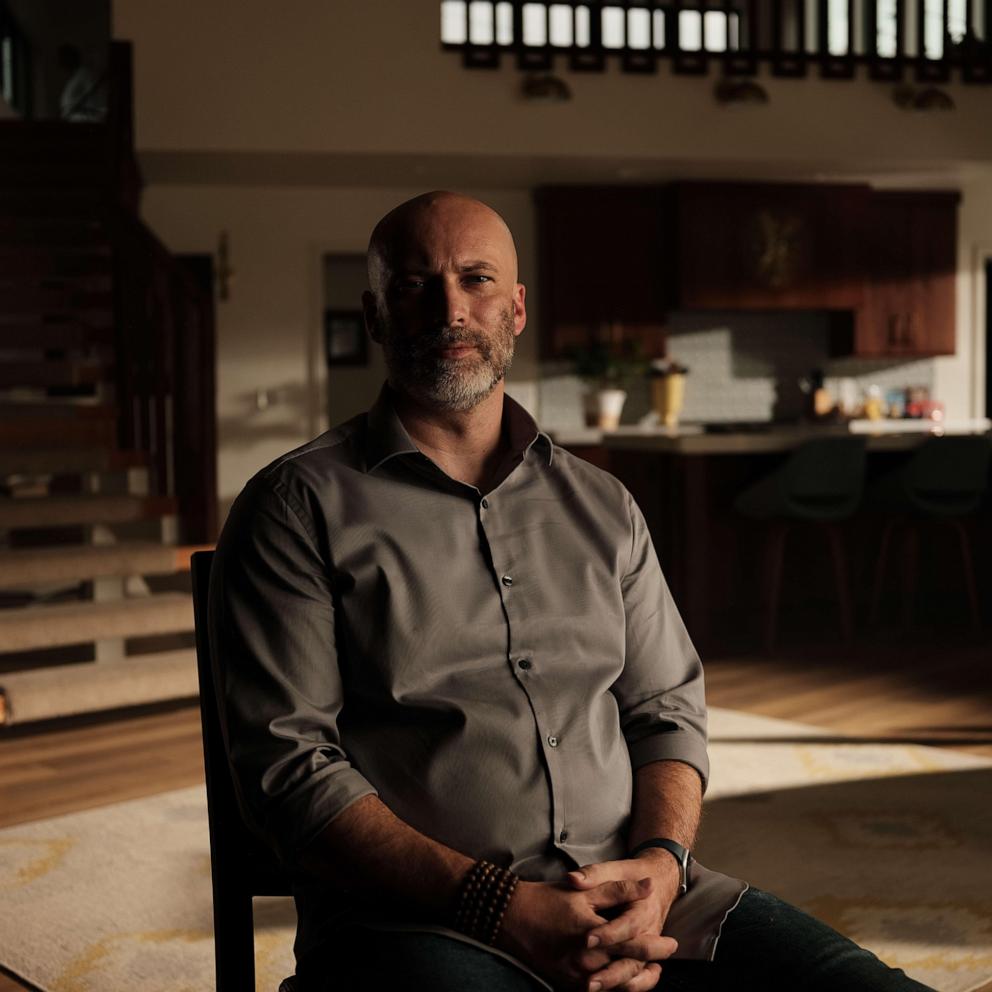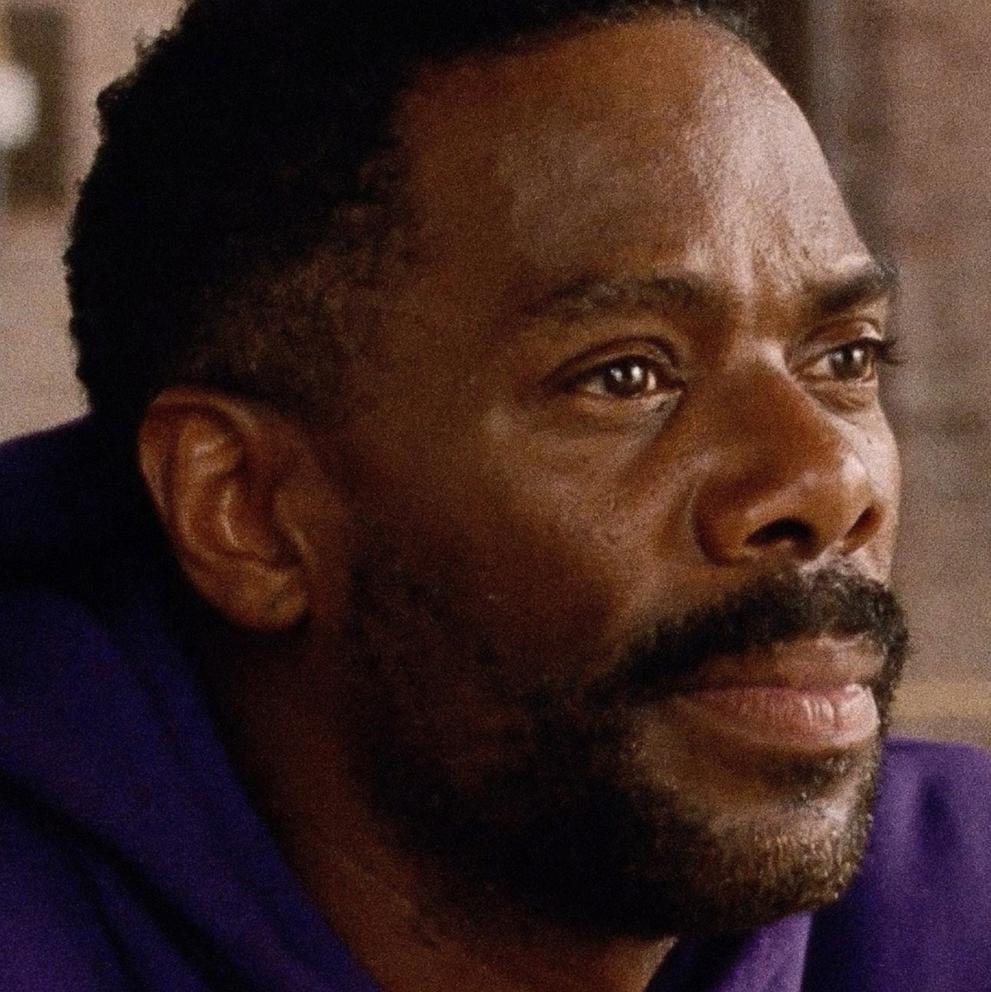Jakub Józef Orliński, opera singer who break dances, marks a momentous year
While other opera singers try to mark their Metropolitan Opera debuts with a musical flourish, Jakub Józef Orliński stood out with a twisting leap.
Piotr Beczała, Orliński's Polish compatriot, always seemed to enjoy swinging around a pole for a "Rigoletto" set in Las Vegas, and Elīna Garanča certainly made a mark with her physically demanding "Carmen," but opera singers aren't normally known for their dancing skills.
And then there's Orliński, 31. As a countertenor -- the male voice with the highest range (think The Weeknd) -- Orliński's usual musical choices trend older, as in 18th century, 100 years before what some might call the golden age of opera. But the hobby he is known for is nothing but modern: when he's not singing Baroque gems, Orliński break dances.
"In breaking, there is a lot of freedom. And you can really do the same move as 100 people, and you can do it 100 different ways," he told ABC News on a Zoom call from Warsaw. "I feel like you are becoming like a visual effect of the music you hear, which is really freeing, and sort of I treat it as a meditation."
While his Met debut at the end of 2021 came at an early age for singers, he came to breaking late, when he was almost 19. He had always been very energetic, and he found break dancing as a new outlet that was "an art form, but also very sporty."
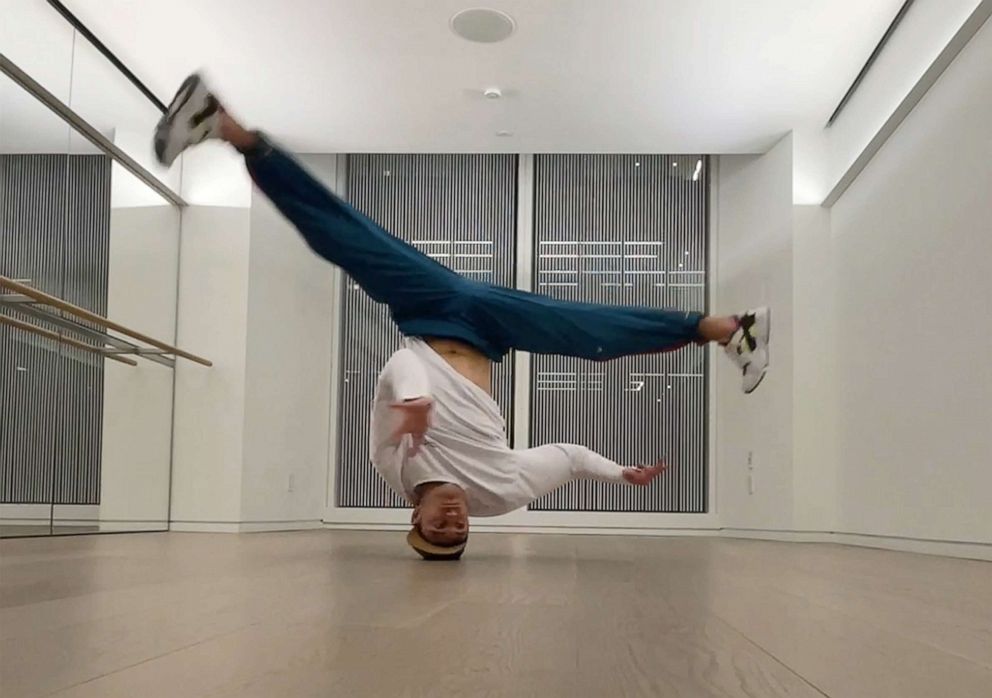
It's easy to believe Orliński when he said he was always "super, super active." In 2021, as the world took tentative steps back outside, he released an album, "Anima Aeterna," that was accompanied by a jewelry collection, recorded another album to be released this March, put together a short movie to accompany that upcoming album, toured for nine months, made his Met Opera debut, prepared for his Royal Opera House debut in London, and juggled all that with ever-changing COVID protocols to keep activities safe, which sometimes included doing two concerts in one day to keep sold-out audiences at 50% capacity.
"But we were doing it because people were hungry for culture, you know, they were really hungry for anything, for entertainment of any sort," he said.
For his Met debut, Orliński sang in "Eurydice," a new opera by Matthew Aucoin, with a libretto (words) by playwright Sarah Ruhl, that retells the myth of Orpheus from Eurydice's perspective. In this telling, Orpheus loves Eurydice, but he's almost constantly distracted by the music in his head.
Orliński represented the music in Orpheus' head, appearing as a mystical "double" of Orpheus (sung by Joshua Hopkins) only seen by him. He was like Orpheus' playful, more expressive subconscious.
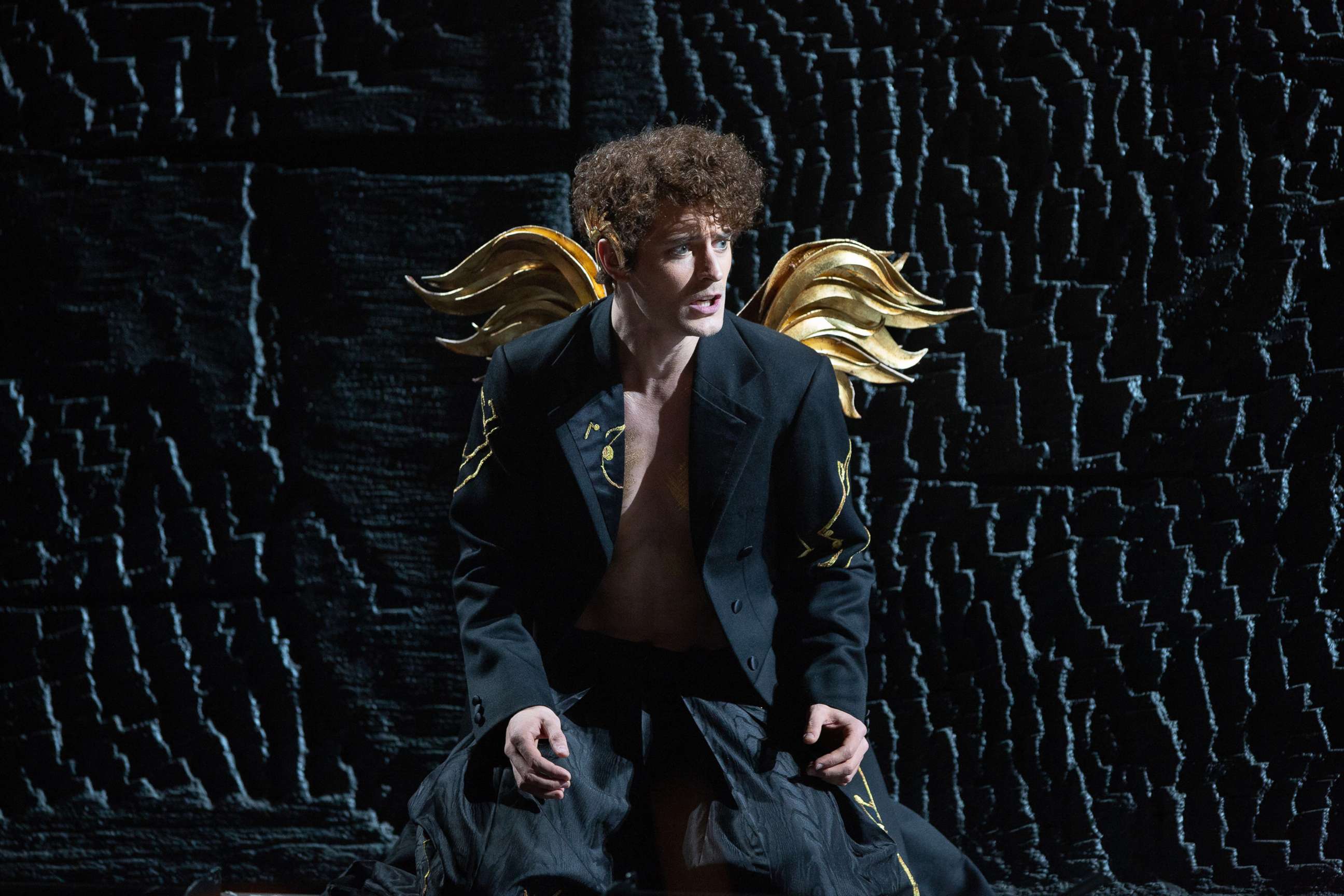
"Orpheus is just like this normal dude, who just has this superpower, which is me, his double, his shadow, 'the music,'" Orliński explained.
Musically, Orliński was like a sunbeam reflection of Hopkins' vocal lines, singing alongside him as in an aural illusion where it sounded like Orpheus' voice was harmoniously splitting in two.
Moments into his first appearance, Orliński casually does a lateral kick while walking across the stage. This wasn't part of the original staging.
During rehearsal one day, he said, he was "fooling around" and "did a silly thing."
"And the stage director was like, 'Oh my gosh, let's just do it in the scene!'" he recounted.
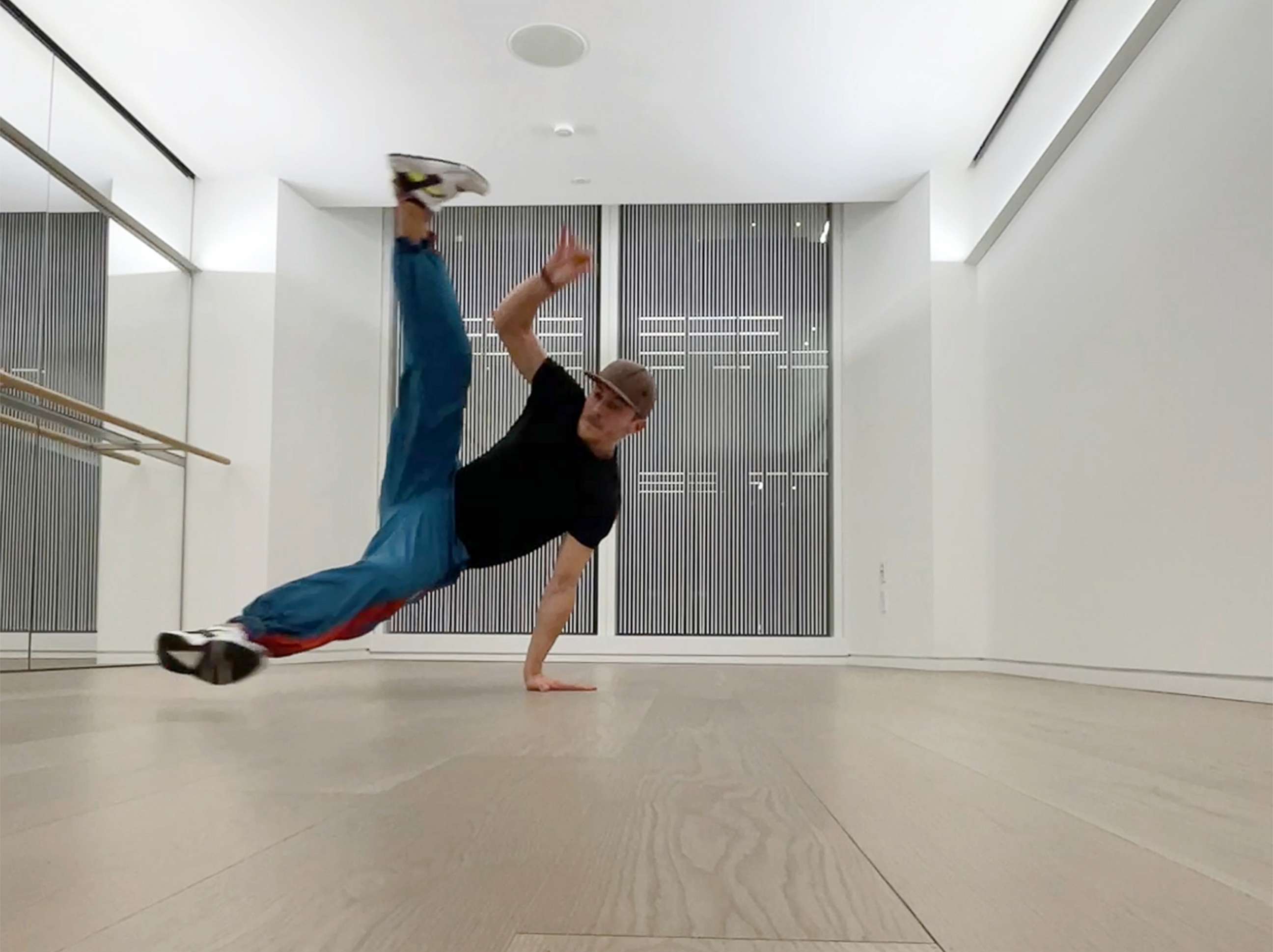
Later in the opera, Orpheus and Eurydice's friends celebrate their wedding with a repeating line dance that combines moves from flossing, the Macarena, "Shampoo" and more. In the original staging, Orpheus' double doesn't join in.
"And I said, 'Jesus, guys, I am his double, I have to dance. Like, I'm super happy that they're getting married,'" he laughed. "So I said, 'OK, I'm jumping in.'"
The Met also highlighted Orliński's break skills with a video posted to Instagram of him dancing outside Lincoln Center that quickly racked up over 17,000 likes.
Orliński savored his debut experience, but it also took him some time to believe it.
"For the past two years, we are living in this weird situation where everything can get canceled, literally one day before you go on a tour or you have a concert or performance. So you never know," he said. "So I decided, OK, I am going to New York. It's great. I'm going to rehearse, and we were rehearsing, but unless I stand and I sing on the stage in a performance, I am not going to really believe that it's happening."
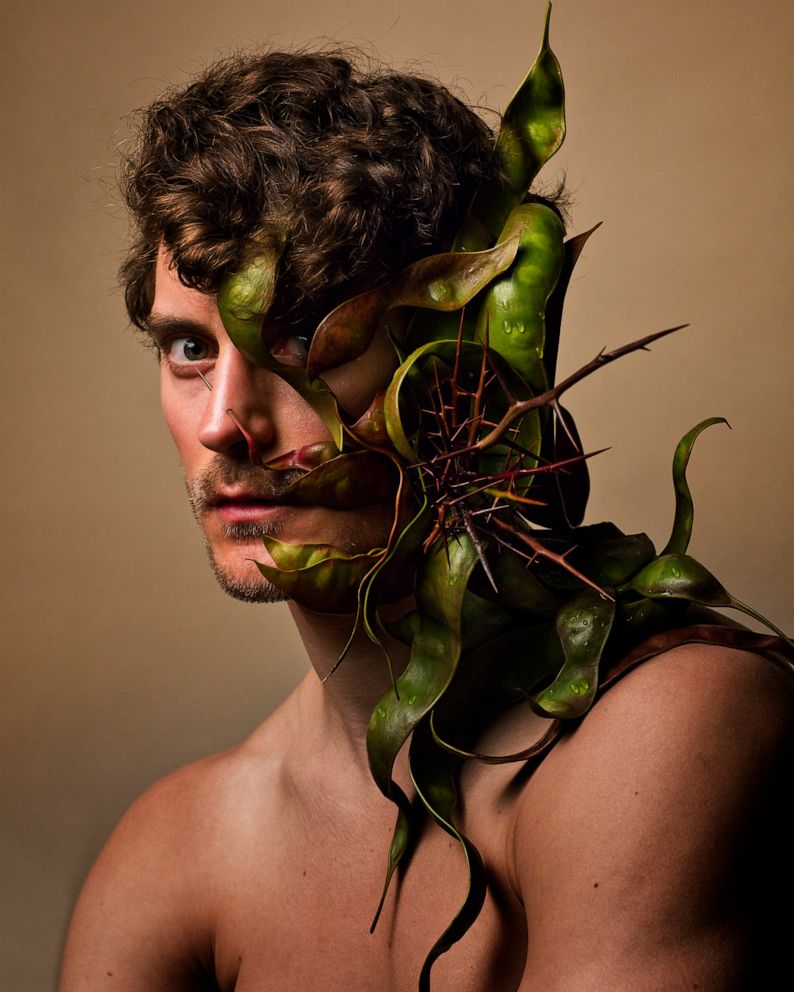
"So I actually had a first hit of, 'it's happening,' on the day of the premiere," he continued. "It was a very emotional and actually exciting, exciting day for me."
Watching recorded performances from home can be "cool for a moment," Orliński said, but it's not enough to fully sustain people's inherent need for art and connection, and the audiences he's encountered this past year have carried a palpable "hungry" energy.
"And that's why I feel like we need it. We need it. And it's good to be creative and to keep it going and keep it sort of moving, because otherwise it can all die. And then what? We're going to be in front of our computers all the time," he said.
